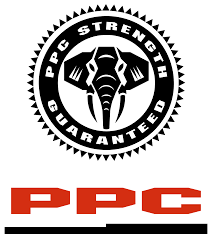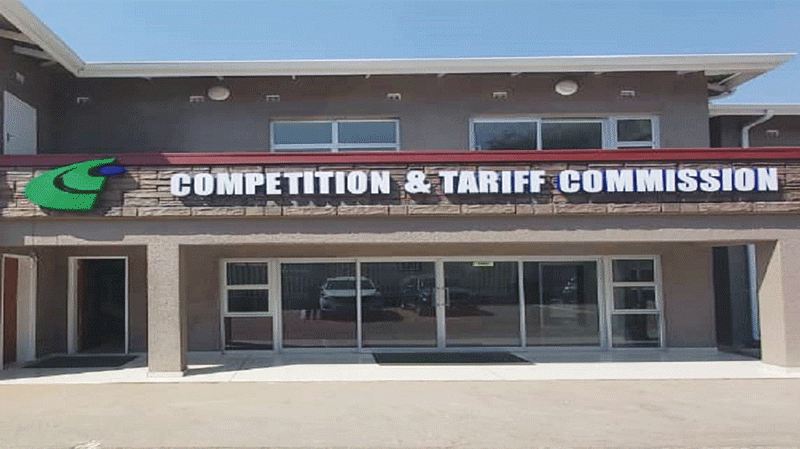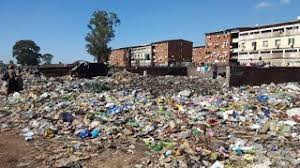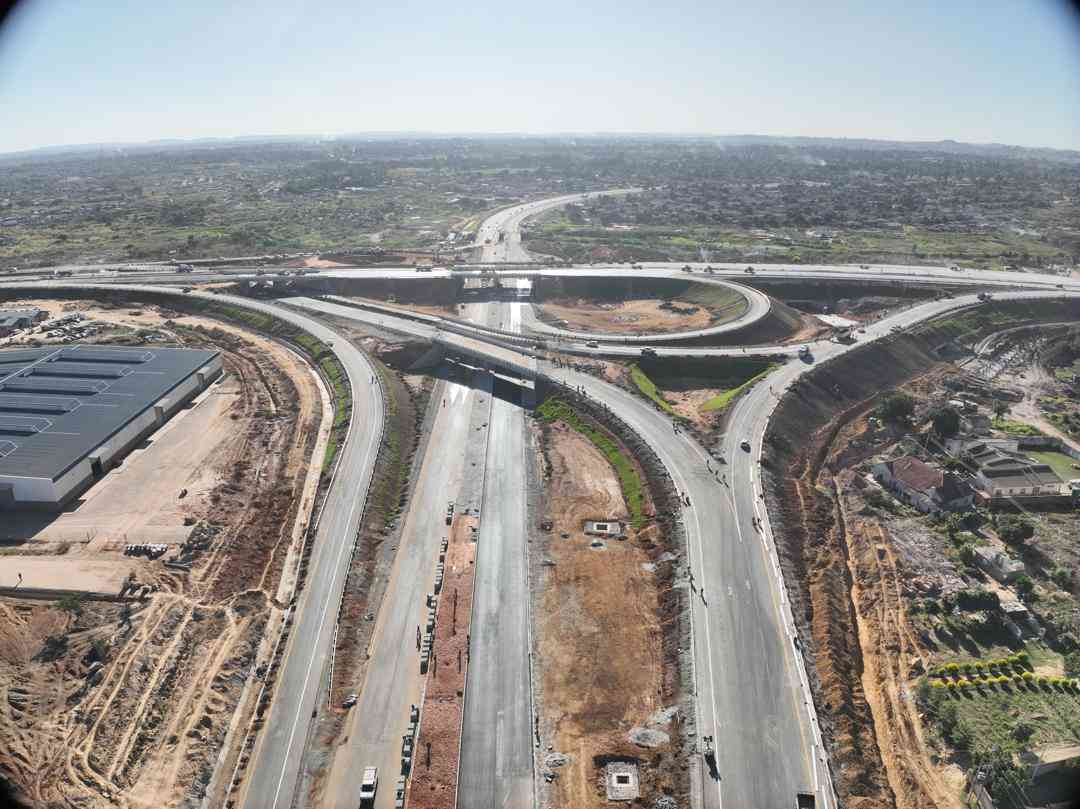
VOLUMES at Zimbabwe’s biggest cement maker, PPC, rose by 22% during the four months ended July 31, 2025, as demand surged, boosted by a 30% tariff on imports introduced in May, according to the firm’s South African parent company.
In May, Zimbabwe introduced the 30% surtax on imported cement through Statutory Instrument 50A of 2025, under a plan to bolster local production by cutting reliance on imports, and to support domestic manufacturers.
In a statement accompanying financial results for the period, PPC said the market responded positively.
“Cement sales volumes in Zimbabwe increased by 22% in the current period compared to the comparable period, largely as a result of a combination of strong consumer demand and the positive impact of the introduction of a 30% tariff on imported cement in May 2025,” the group said this week.
By imposing the tariff, Zimbabwe is signalling a strategic shift that mirrors a growing global emphasis on protecting domestic industries.
Across the world, governments are increasingly using targeted tariffs to shield local manufacturers from import competition, ensure supply chain stability, and foster industrial growth.
The policy positions local cement producers to meet rising demand while reducing reliance on foreign suppliers.
The move also reflects an acknowledgment of the global trend towards economic self-reliance and resilience.
- Power crisis needs practical solutions
- Dangers of Arab Spring in SA
- Zimbabweans fork out US$24m for SA permits
- Power crisis needs practical solutions
Keep Reading
Countries from the United States to India have implemented sector specific tariffs to bolster local production, safeguard jobs, and stimulate investment.
Some analysts say by pursuing these strategies, countries are not isolating themselves but participating in a broader economic strategy that prioritises internal capacity and long term industrial sustainability over short term gains from cheap imports.
But this week, South African President Cyril Ramaphosa told the United Nations General Assembly: “Trade is now being used as a weapon against a number of countries.”
“It is concerning that geopolitical shocks and unprecedented trade policy volatility are destabilising the global economy and jeopardising a critical source of development financing.”
Commenting further on its Zimbabwe operations, PPC said: “During the first two months of the current period PPC Zimbabwe implemented an extended shutdown in its Colleen Bawn plant.
“This was planned, as part of the three-year plant performance improvement plan, aimed at better positioning PPC Zimbabwe to produce higher volumes of own clinker for the production of cement to supply the growing demand in the market.”











